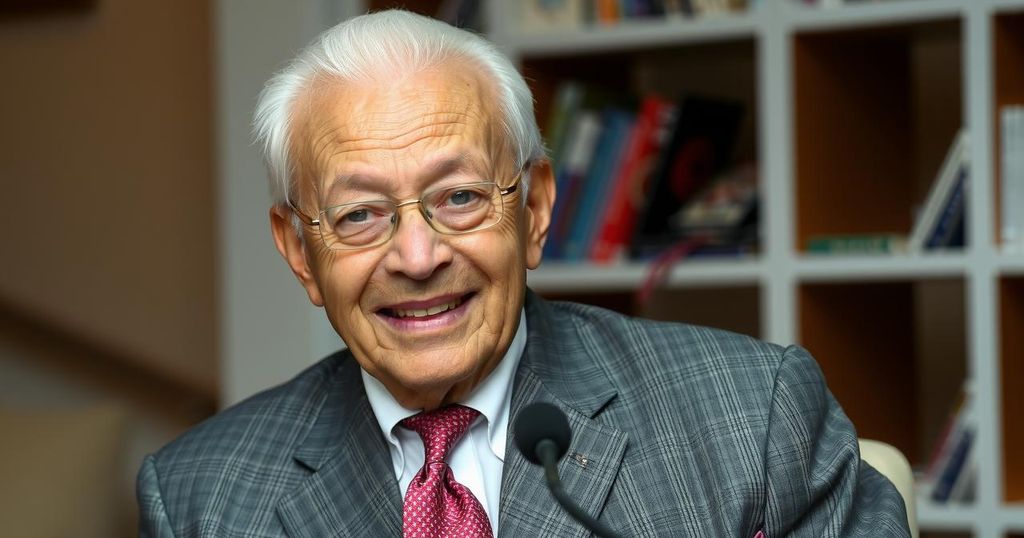Jimmy Carter’s presidency marked a pivotal shift in U.S. foreign policy towards Africa, as he became the first president to visit sub-Saharan Africa. His emphasis on human rights and public health, especially in efforts to eradicate guinea worm disease, solidified his legacy. Carter’s administration acknowledged African leaders and sought partnerships that empowered nations, significantly changing how the U.S. engaged with the continent.
Jimmy Carter, the first U.S. president to undertake a state visit to sub-Saharan Africa, is remembered for his substantial contributions to the continent, particularly regarding human rights and health initiatives. Carter’s tenure marked a pivotal shift in U.S. foreign policy towards Africa, previously overshadowed by Cold War concerns and ignored until his presidency. He notably championed Zimbabwe’s transition from colonial rule, coined this effort as his “greatest single success,” and set a precedent for future U.S.-Africa relations. Carter’s post-presidency work further solidified his legacy, particularly his dedication to eradicating guinea worm disease through The Carter Center.
Carter’s interactions with African leaders were characterized by genuine interest and support, illustrated by his decision to invite them to the White House, thereby breaking decades of U.S. indifference. He recognized the significance of Africa during his presidency, stating, “For too long our country ignored Africa,” and emphasized the need for autonomy in African nations to form international relationships. His approach to foreign diplomacy was informed by his Baptist faith and experiences of racial injustice in the southern United States.
Moreover, his advocacy extended to public health, most evidenced by his relentless fight against diseases such as guinea worm disease. His contributions have left a profound impact on millions; in 2023, only 14 guinea worm cases were reported, echoing his assertion that addressing health issues is integral to human rights. Carter’s humanitarian efforts bequeathed a legacy of hope and empowerment, ensuring that the African continent is recognized and prioritized in global discourse.
The article discusses the significant impact that former U.S. President Jimmy Carter had on Africa during and after his presidency. Carter was the first sitting president to visit sub-Saharan Africa, and his policies marked a definitive change in the way America engaged with the continent. His focus ranged from supporting democratic transitions, like Zimbabwe’s independence, to addressing health crises such as guinea worm disease through The Carter Center. The broader context includes an examination of U.S.-Africa relations prior to Carter’s presidency, which were minimal and often neglected. By prioritizing human rights and health, Carter forged a new path for American diplomacy in Africa.
In conclusion, Jimmy Carter’s presidency and post-presidency efforts profoundly influenced U.S.-Africa relations, emphasizing the importance of human rights and health initiatives. His legacy resonates through historic shifts in policy that recognized the agency of African nations and addressed critical public health concerns. The nearly eradication of guinea worm disease stands as a testament to his dedication, illustrating that leadership rooted in empathy and commitment to justice can lead to meaningful change. Carter’s work has fostered a renewed interest in Africa, guiding future engagements between the continent and the global community.
Original Source: apnews.com






